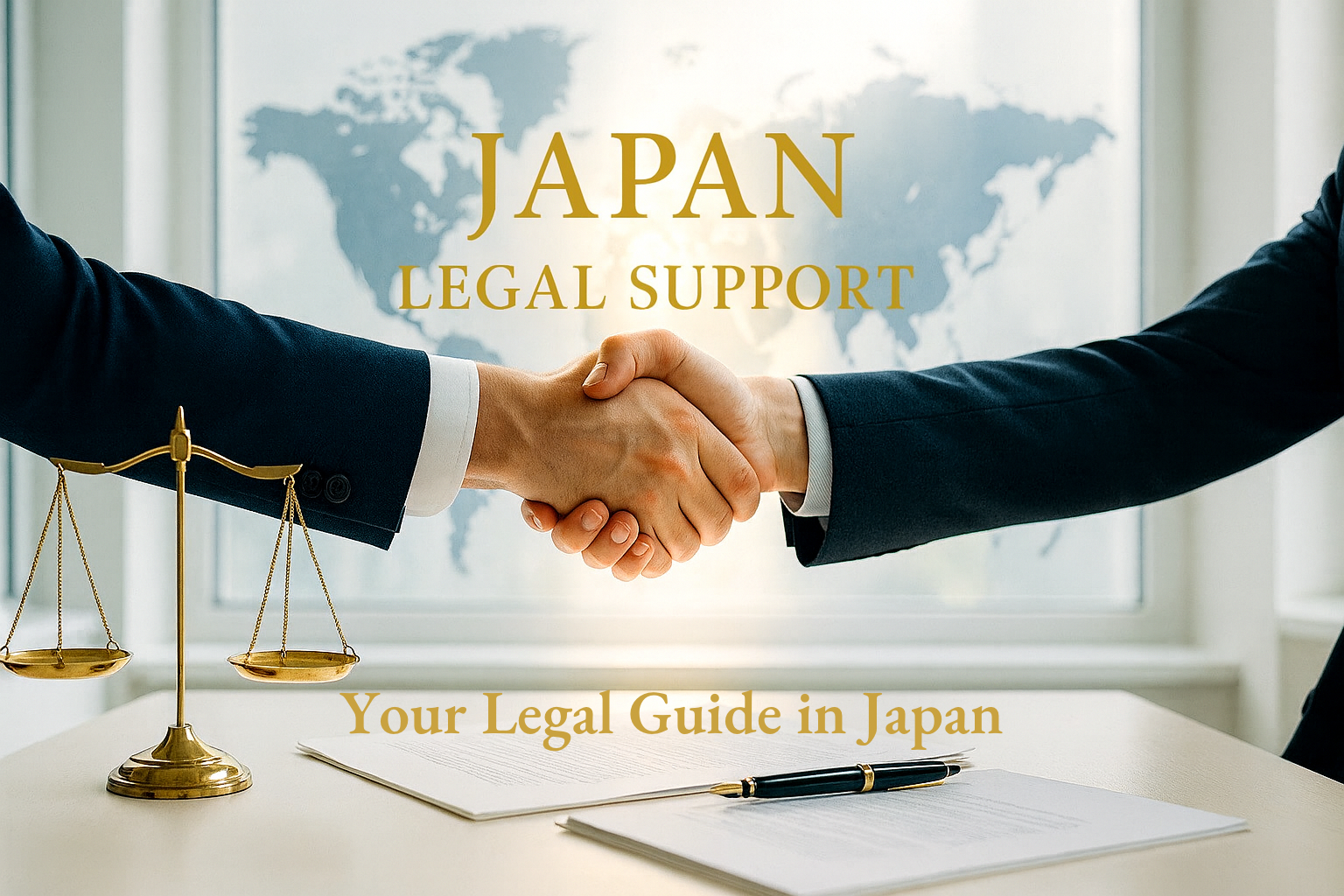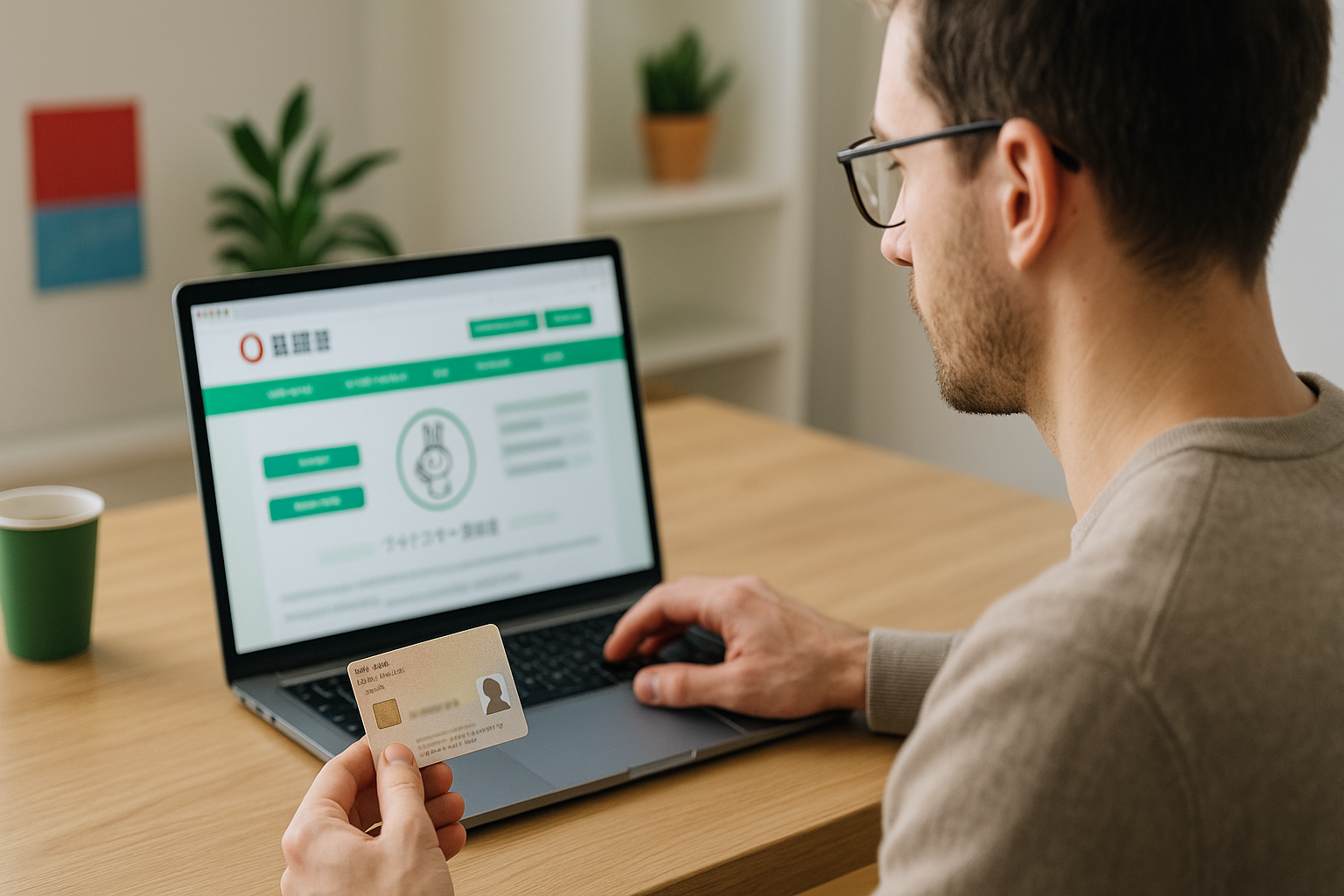Introduction
When you register your address in Japan, you will be assigned a My Number (マイナンバー)—a 12-digit personal identification number. My Number Notification Card (マイナンバー通知カード) will be sent to your address, but the plastic My Number Card (マイナンバーカード) is not automatic—you must apply for it.
At the bottom of this guide, we also explain the difference between the Notification Card and the My Number Card.
💡 For foreigners, understanding My Number is essential because it affects tax, pension, health insurance, and even opening a bank account.
What is My Number?
My Number (マイナンバー) is a 12-digit identification number assigned to every resident of Japan, including foreign residents staying more than 3 months.
It is used for:
- Taxation → income tax, resident tax
- Social security → health insurance, pension
- Disaster response → verifying identity for support
💡 Think of it as Japan’s version of a “Social Security Number” in the US or a “National Insurance Number” in the UK.
When & How Do You Get It?
- Within a few weeks after you complete your Resident Registration, your city/ward office will send My Number Notification Card (マイナンバー通知カード) to your registered address.
- If you apply, you can also receive My Number Card (マイナンバーカード)—a plastic photo ID card with an IC chip.
How to Apply for My Number Card
- Check your application form included with the My Number Notification Card.
- Apply by:
- Mail (send form + photo)
- Online (upload a digital photo)
- At your city/ward office (photo booths available in many offices)
- Wait 3–4 weeks.
- Pick up your card at the city/ward office with:
- My Number Notification Card (マイナンバー通知カード)
- Residence Card (在留カード)
- Passport (sometimes requested)
My Number Notification Card vs. My Number Card
- My Number Notification Card (マイナンバー通知カード)
Paper document showing your 12-digit My Number. Cannot be used as an ID. - My Number Card (マイナンバーカード)
Plastic card with photo + IC chip. Serves as official ID and allows you to:- File taxes online
- Use convenience store machines to print Resident Record (住民票)
- Log in to government services
- Sometimes required for opening bank accounts or signing contracts
💡 Applying for the card is optional, but highly recommended for long-term residents.
When Do You Need My Number?
Foreign residents are often surprised at how often My Number is required:
- Health Insurance & Pension enrollment
- Filing taxes
- Opening a bank account (some banks require it)
- Employment (your employer will ask for it for payroll and tax purposes)
- Receiving government benefits
💡 Always keep your My Number safe. Do not share it unless required by law.
Common Mistakes (to Avoid)
- Losing the My Number Notification Card → Without it, applying for My Number Card takes much longer.
- Confusing Notification Card with the My Number Card → The paper notification is not a valid ID.
- Not applying for the Card → Without the card, online tax filing and some services become inconvenient.
After You Get Your Card: What will you do?
- Use it as ID when opening accounts or signing contracts.
- Access online services such as e-Tax (online tax filing service) and Mynaportal (government online service portal).
- Store it securely—only present it when legally required.
👉 Related: Health Insurance & Pension in Japan: A Complete Guide↗
FAQ
Q: Is My Number mandatory for foreigners?
A: Yes. Everyone staying more than 3 months receives one.
Q: Do I have to apply for My Number Card?
A: No. The number itself is automatic. The card is optional, but useful.
Q: Can I refuse to give my My Number to my employer?
A: No. Employers are legally required to collect it for tax and social security purposes.
Q: What if I leave Japan?
A: You must return your My Number Card when you cancel your Resident Registration.
Conclusion
My Number is not just a number—it is the key to interacting with Japanese government systems.
Keep it safe, apply for the card if you plan to stay long-term, and use it whenever required.
For more detailed information, including official translations and multilingual guidance on My Number, please refer to the official resources below:
👉 My Number Card Official Site (multilingual support)
Note: This article is written for foreigners living in Japan or planning to move to Japan. Conditions and requirements may vary depending on individual circumstances.




